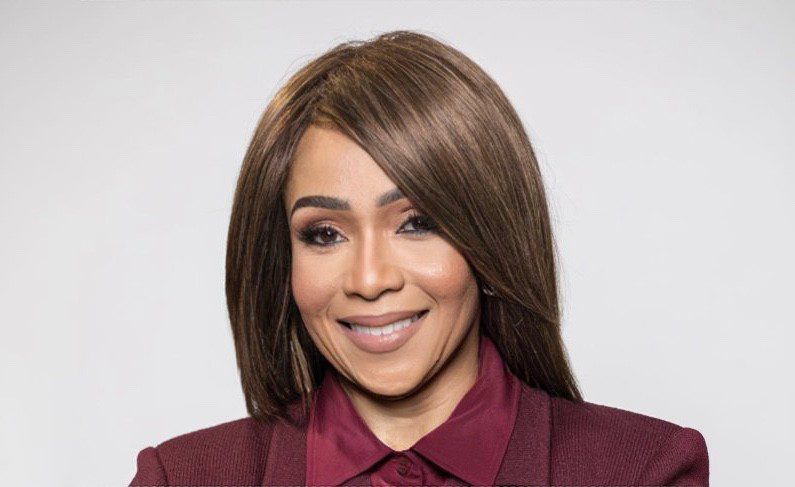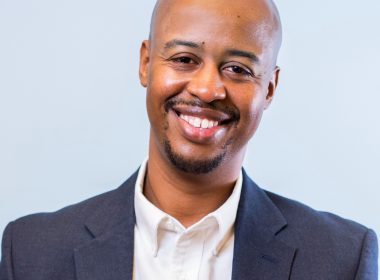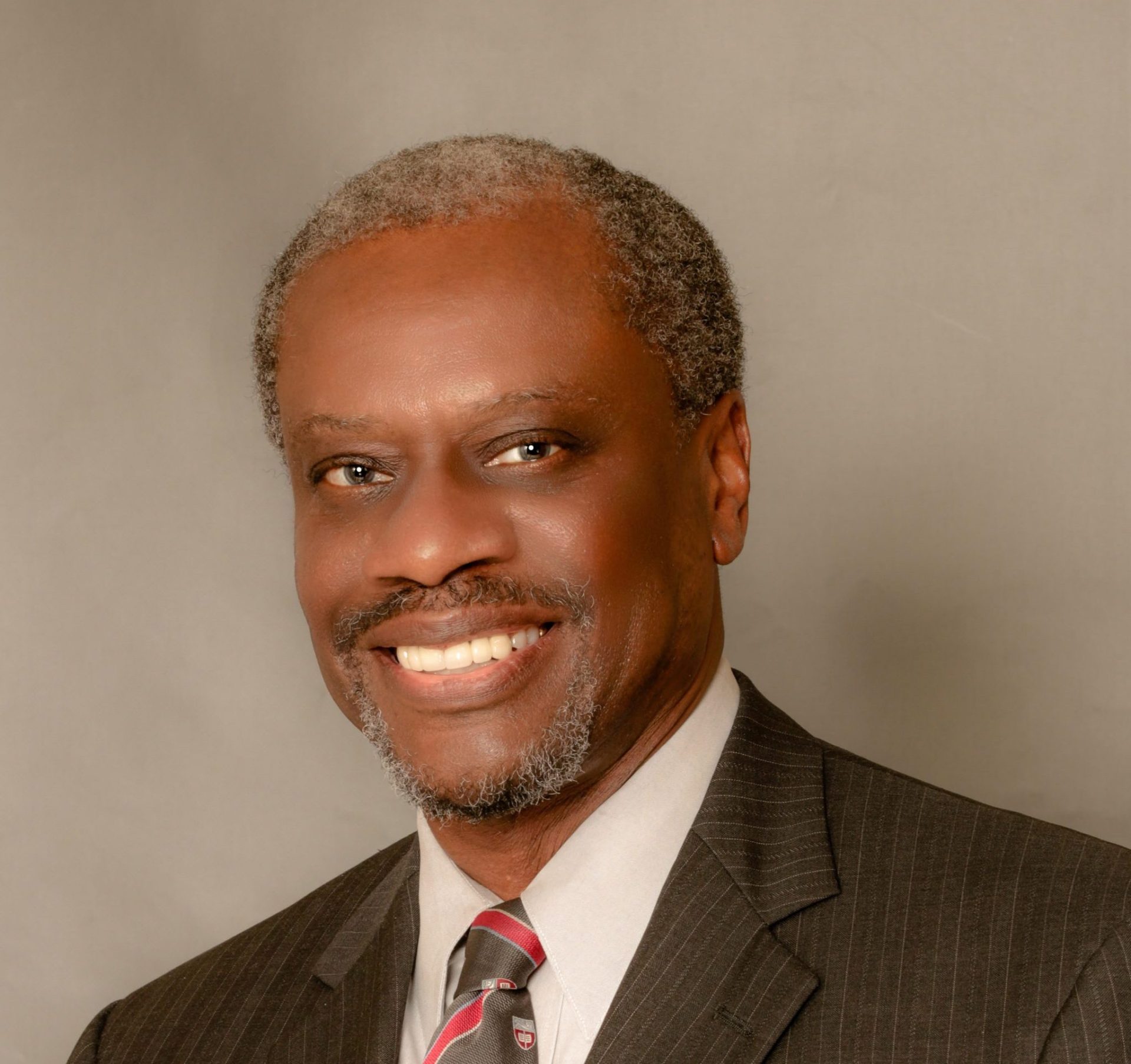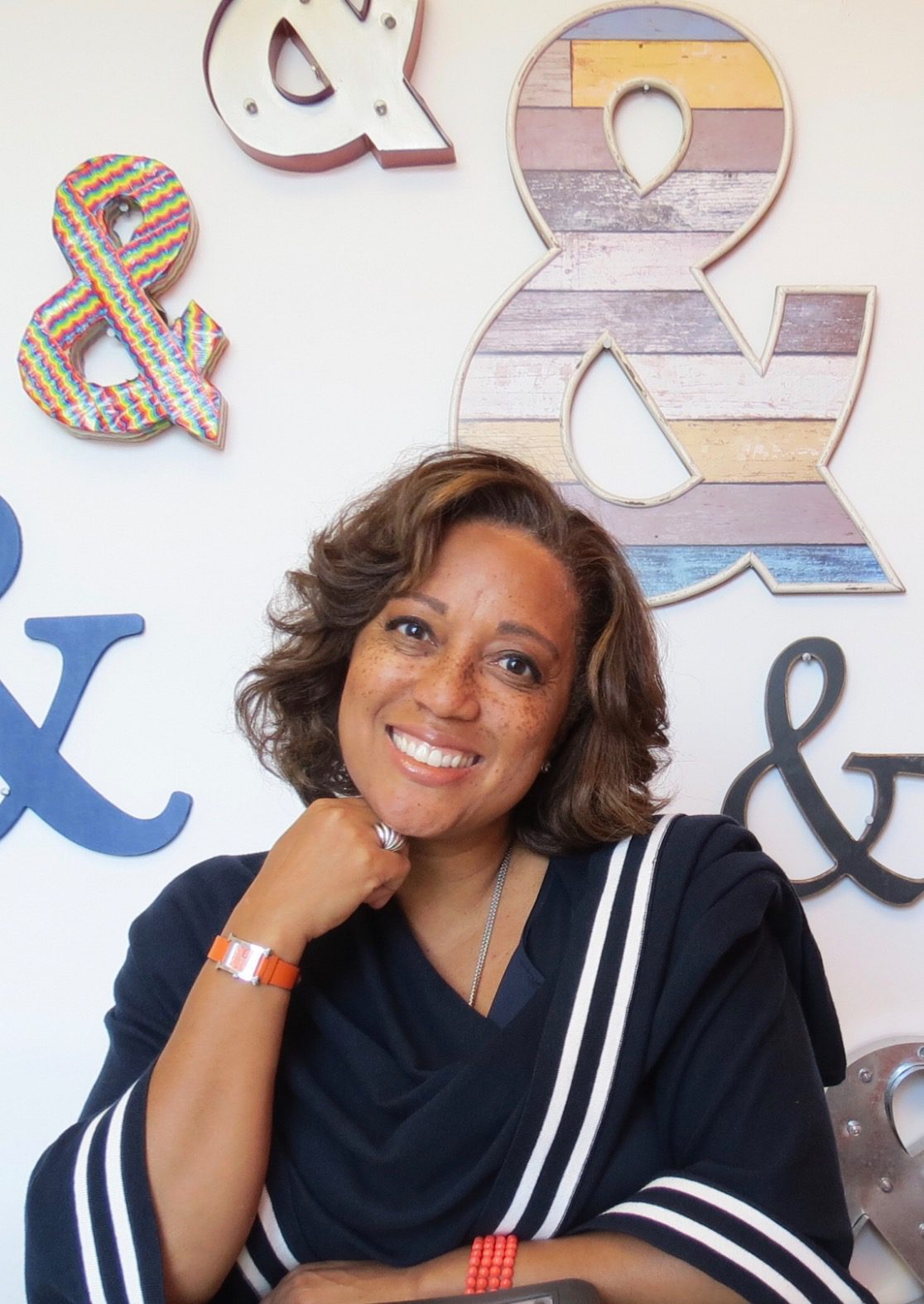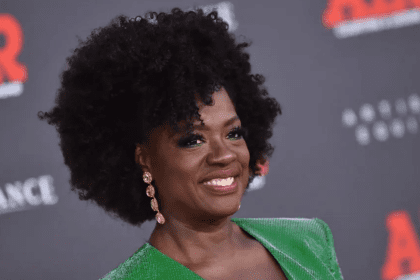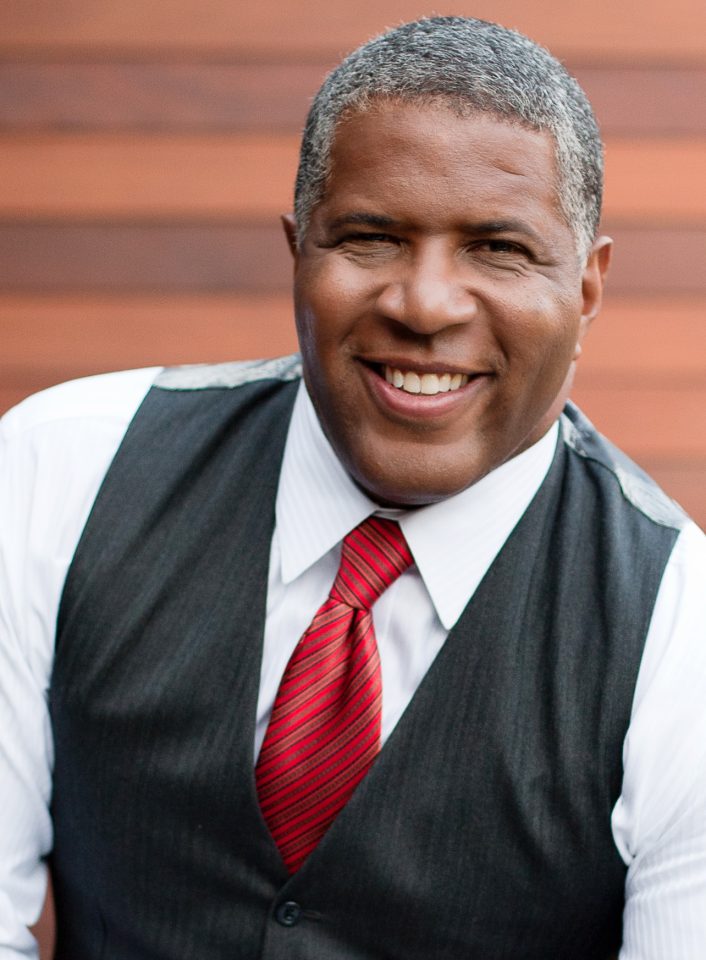
HBCU pride roll calls streamed through the chat box as billionaire philanthropist Robert F. Smith opened the second virtual HBCU Tech Conference presented by HP Inc. on Sept. 13-16. Smith, in a virtual fireside chat with HuffPost editor-in-chief Danielle Belton, issued a call to action to HBCU leaders, faculty and corporations to accelerate digital transformation at HBCUs and prepare students to participate in the fourth industrial revolution.
Smith described today’s HBCU students as digital natives who are fired up and ready to become digital innovators. Sadly, he said, 80 percent of HBCUs sit in “digital deserts” without adequate broadband access. Smith implored the HBCU community to demand broadband and high-speed connectivity. This is particularly an urgent charge for smaller HBCUs. The majority of them aren’t funded at the level of a Morehouse College or a Howard University.
“If our students don’t have broadband and computing capacity, it will limit their gaining access to this economy,” he said. “We have to get those resources and ensure HBCUs have access and infrastructure to teach and train our students to be a part of this as a producer, not just a consumer, of the technology.”
HBCU Innovation
During this four-day conference, participants were able to leverage resources and champion solutions through the Future of Work Academy professional development series; a career accelerator; a two-day interactive symposium devoted to technical learning and career readiness; an esports gaming experience; and student innovator competitions to solve real-world business problems in marketing and health IT.
HBCU students showcased digital skills in a manner just as impressive as a step show competition on the yard. For the marketing contest, students were challenged to develop a social media campaign that empowers underrepresented creators and small business owners to foster a deeper connection with their communities. Universities that participated across all four competitions during the conference included Alabama A&M University, Fisk University, Jackson State University and Morehouse College.
HP also worked closely with HBCUs to design workshops for IT, faculty, staff and leadership to gain industry insights around talent development, tech curriculum and diversifying the tech workforce, as well as how to safeguard HBCUs against cybersecurity attacks.
Take Off With A Limitless Mindset
Despite growing up in a Black neighborhood in Denver during segregation, Smith says he was fortunate to have parents and community leaders who exposed him to the world of technology. This empowered Smith to think critically.
He shared how he developed a limitless mindset from a young man in his community who taught him and several other kids how to build rockets. Later, as an intern at Bell Labs, his mentor pushed him to take on tough challenges and “enjoy the discovery of figuring things out.”
He credits early exposure to technology for enabling him to develop a fast-adoption understanding of cutting-edge technology. This would become the framework for his enterprise software, data and technology-enabled companies.
“A consumer can get a greater return on investment on software than anything else they can do,” Smith said.
The Tech Opportunity & Challenge For HBCUs
Belton pressed Smith on what the fourth industrial revolution means for today’s HBCU students.
“It means we have a massive opportunity as Blacks to compete in the global economy,” he said. “I can’t underscore enough the importance of ensuring our community has access to the tools of this fourth industrial revolution.”
With unlimited computing power available, Smith said: “We need to be uploading software, not just downloading it. If we miss out on this fourth industrial revolution, it’s going to be generations before we can participate again.”
Smith issued a mandate to HBCUs to ensure students understand that every industry is being transformed by technology on a global scale. “We must provide them with curriculum and resources so they know how to develop software.” He also encouraged HBCUs to continue participating in forums such as HP’s HBCU Tech Conference. These are great events where faculty and staff can actively engage in next-generation digital learning. Enabling them to understand what the opportunities are.
Black Generational Wealth Inspiration
During the conversation, Smith invoked the names of successful Black business leaders. Enterprising icons like Ken Chenault, Stan O’Neal and Reginald Lewis influenced his career path and approach.
“Having heard about the challenges they faced and how they navigated through the business environment as African Americans was informative to me. It helped me think about what I wanted to accomplish. Not just personally, but what I can deliver to the community through what I’ve learned,” he said.
Now, Smith is doing the same for his community, intentionally focusing on HBCUs. Meeting the demand for tech resources to digitally transform HBCUs, Smith said, will create a steady stream of Black talent. Consequentially, it will propel the next generation of Black tech innovators, and job and wealth creators.
“We must provide enough access for our brilliant digitally native students to flourish.”
– Written by Marcellus Womack and T. Shawn Taylor

